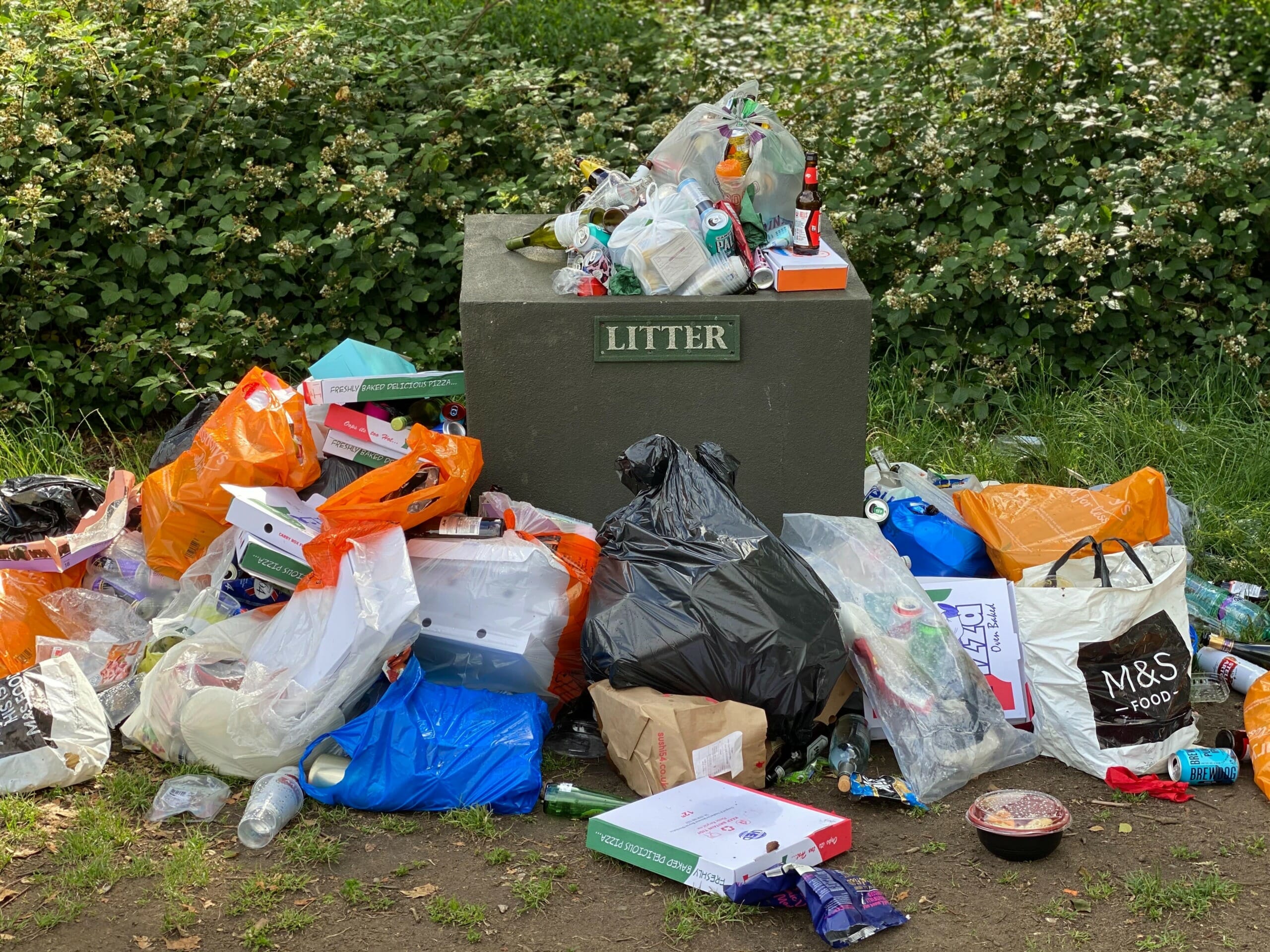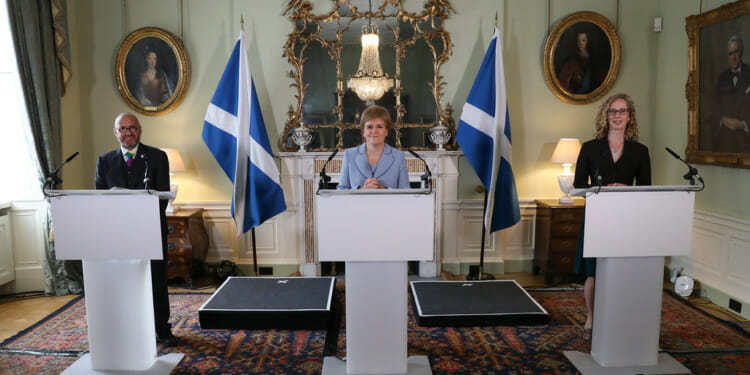In a groundbreaking announcement, Green Party ministers will be joining the Scottish Parliament to design a green economic recovery that is befitting of a country about to host the 2021 United Nations Climate Change Conference, also known as the COP 26.
The Scottish Green co-leaders will be the first Green ministers in the entire UK and will be working alongside the Scottish SNP party, a party renowned for its support of the North sea oil and gas industries. The two parties have acknowledged that this will not be a coalition, nor are they likely to agree on many topics, but they believe that the risks that Scotland (and the world) face outweigh the risks of political opposition.
The move appoints Lorna Slater, a former engineer and project manager in the renewables sector, as Minister for Green Skills, Circular Economy and Biodiversity. Her role will focus on supporting biodiversity, collaborating with NatureScot and Zero Waste Scotland, and aiding the development of a circular economy.
Patrick Harvie will also be joining her as Minister for Zero Carbon Buildings, Active Travel and Tenants’ Rights and both will work with the Net Zero, Energy and Transport Secretary Michael Matheson. Harvie will focus his time on shifting Scotland away from high polluting heating and transport in an effort to secure a net-zero economy by 2045.
The partnership has agreed to collaborate over the next five years to develop an economic recovery that is green and just, fully confronting the climate emergency. In aid of this, they have shared a draft policy programme – the Bute House Agreement.
Campaigners have welcomed the move, especially those in the circular economy movement who believe the systemic shift to be vital to addressing the climate crisis. It’s not just campaigners though, circular economy models have been championed at climate agreements and in April UN Climate Change Deputy Executive Secretary, Ovais Sarmad, noted its importance in implementing the Paris Agreement:
“The Paris Agreement calls for a transformation of our production and consumption patterns – particularly in developed countries. That means circular economy principles: using less resources, more sustainable materials and recycling the ones we have used.”
We need to support #biodiversity conservation by redesigning the way we make & use products & food. The #circulareconomy enables transformation by changing the way we do business to work with nature – protect, restore & regenerate it. https://t.co/zqxVwK6Td5#RegeneratingNature pic.twitter.com/4MjYSUhthE
— Ellen MacArthur Foundation (@circulareconomy) September 9, 2021
The circular economy model is a systemic approach that goes beyond focusing on the energy sector to look at how all goods and services are delivered and consumed. It is a way of life and a system of operation that prevents waste from happening in the first place, and the idea has already taken off in Glasgow.
EGG lighting in Glasgow leases light, hiring out fixtures and fittings and maintaining them and loose, zero-waste shops have cropped up all over the country as communities try to focus on making reusing and repairing the norm, rather than throwing away.
Related Articles: Sturgeon Among Calls to Halt Cambo Oilfield Ahead of COP26 | Climate Change: Focus on Africa, Asia and Coastal Poor
Currently, the average Scot consumes around 18 tonnes of materials every year which is equivalent to 50kg per week and far higher than estimates of sustainable levels which weigh in around just eight tonnes per person per year.

Shifting consumption and lifestyles in wealthy countries is imperative, especially as 100 of the world’s lower-income nations have released a position paper demanding compensation for the dire impacts they will surely suffer as a result of the actions of higher-income nations.
In a little over a month, officials and activists from all around the world will descend on Glasgow for COP 26. However, in the run up to this event, it has become clear that most countries, especially those considered higher-income, are not on track to meet their loosely defined Nationally Determined Contributions (NDCs). Even fewer still have included circular strategies, instead focusing on a clean energy transition.
In light of this, many countries have been updating their NDCs and taking more action to show their commitment to a sustainable and just future. The inclusion of circular models and other green strategies in Scotland’s ministerial portfolio is an important step towards that future. However, it remains to be seen whether the two parties can effectively and productively put their differences aside to prioritise Scotland and the climate at large.
Editor’s Note: The opinions expressed here by Impakter.com columnists are their own, not those of Impakter.com. — In the Featured Photo: Patrick Harvie, Nicola Sturgeon and Lorna Slater at a press release for their new partnership. Photo Credit: Scottish Government










